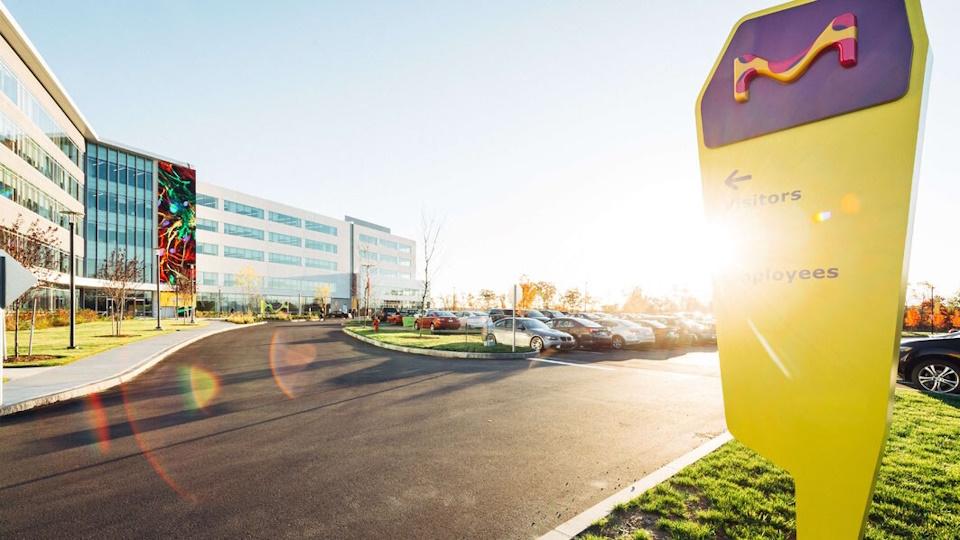Merck cans head and neck cancer drug once hailed as big hope

Two years ago, Merck KgAA was talking up xevinapant as a leap forward in head and neck cancer and one of the brightest stars in its late-stage pipeline, Now, the drug has been abandoned after failing a phase 3 trial.
The TrilynX study was testing xevinapant with chemoradiotherapy in patients with unresected locally advanced squamous cell carcinoma of the head and neck (LA SCCHN), but, according to an interim look at the data, was unlikely to meet its goal of extending event-free survival.
Merck said that, based on the “totality of data” with the drug, it had also decided to stop a second phase 3 trial, called X-Ray Vision, looking at xevinapant plus radiotherapy in patients who underwent resection of LA SCCHN.
Licensed from Debiopharm in 2021 in a $1 billion-plus deal, xevinapant had been leading the field among drugs in the inhibitor of apoptosis proteins (IAP) antagonist class ahead of rival drugs like Astex Pharma’s tolinapant, IGM Bio/Medivir’s birinapant, and Ascentage Pharma/Clover Bio’s APG-1387.
IAP antagonists – sometimes known as SMAC mimetics – are thought to sensitise tumour cells to chemo and/or radiotherapy by promoting programmed cell death (apoptosis) and enhancing anti-tumour immune responses.
Phase 2 results with xevinapant reported at the ESCO congress in 2022 showed a significant improvement in overall survival in patients with unresected LA HNSCC compared to standard care.
The drug has been awarded breakthrough status by the US FDA, and its demise will come as a major blow to head and neck cancer patients and their healthcare providers, given that there have been few advances in the treatment of the disease in recent years.
It is also another major setback for Merck, which abandoned one of its other late-stage candidates – multiple sclerosis therapy evobrutinib – was abandoned last December after two failed phase 3 trials.
The German group acknowledged at an R&D update last year that it had a pressing need to bolster its pipeline, particularly through external ‘bolt-on’ partnership deals, and get drugs through development and onto the market more quickly. It set a target of launching a new product every 18 months.
“While we are disappointed by these results, we remain steadfast in our commitment to develop transformative medicines within our oncology portfolio for areas of high unmet need,” said Danny Bar-Zohar, Merck’s chief medical officer.













